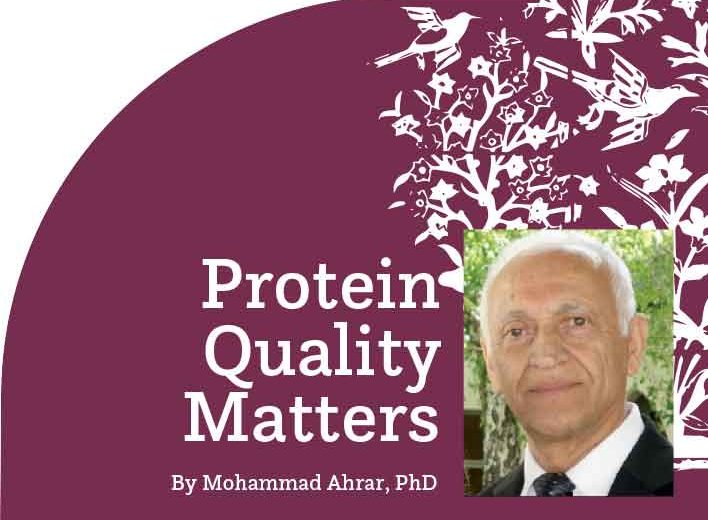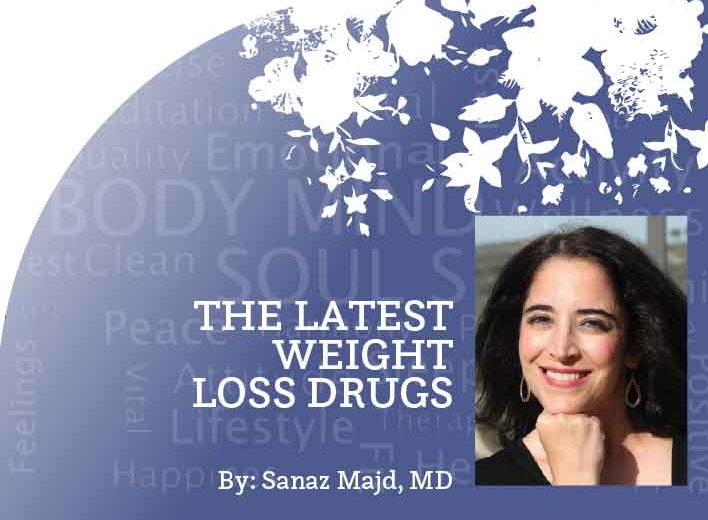Do you need a fish oil supplement, otherwise known as an omega-3 fatty acid, or is it just another “fishy” vitamin over-hype? Let’s review its benefits and how much is really necessary.
WHAT ARE OMEGA-3 FATTY ACIDS?
Our bodies do not produce omega-3s, yet we rely on them for proper brain, eye, and heart function. Therefore, the American Heart Association (AHA) recommends the consumption of oily/fatty fish at least two times a week in order to obtain sufficient amounts of two of the best types of omega-3s — DHA (docosahexaenoic acid) and EPA (eicosapentaenoic acid).
It is always best to obtain your nutrients from your food. And oily fish—such as salmon, herring, sardines, trout, and albacore tuna—contain the richest DHA and EPA sources. Now, fish oil supplements are derived mainly from these same oily fish sources, but the only reason to consider supplementing is really if you cannot obtain enough omega-3 in your diet or you simply do not like eating fish.
For those of you who are vegetarian, you can consider flaxseed, chia seeds, walnuts, and soybeans; although they do not provide DHA and EPA directly, they contain a different type of omega-3 called ALA (alpha linolenic acid). Our body can produce some DHA and EPA from ALA, but a smaller amount, so eating fish is more ideal if you can.
THE MERCURY CONTROVERSY
What about the mercury content of seafood? That is, is the mercury in seafood bad for you as some medical rumors may suggest and could taking the supplement be less risky? Well, smaller fish have insignificant levels of mercury. Simply avoid eating bigger fish, such as shark, swordfish, King Mackerel, or tile fish, which tend to contain higher mercury levels. But consuming anything else in moderation is unlikely to be harmful.
OMEGA-3 FATTY ACID BENEFITS
Here are some of omega-3’s claims to fame:
Lowers Triglyceride Levels (a type of bad cholesterol)
The AHA just released a new advisory stating that omega-3 fatty acids can help lower very high triglycerides by 20-30% and can be safely used with statins. This is in contrast to some prescription drugs used to lower triglycerides that can negatively interact when taken with statins.
According to the AHA, omega-3 doses required to lower triglycerides are higher than typical, although not found to be harmful in studies, either. After reviewing 17 randomized controlled trials, they concluded that taking 4000mg of prescription omega-3 fatty acids daily were effective at reducing triglycerides. They note that they do not recommend the over-the-counter formulations since they are not FDA-regulated.
Omega-3 can also modestly increase HDL (the good cholesterol), yet may also slightly raise LDL (the bad cholesterol). However, this increase in LDL is likely clinically insignificant.
Improves Blood Pressure
In a large meta-analysis study of 70 randomized trials, fish oil reduced systolic blood pressure by 1.5 mmHg and diastolic blood pressure by about 1 mmHg when taken at a minimum dose of 2000mg a day. Its effects are modest in most people, but seemed to be greater in those with untreated high blood pressure — reducing systolic by about 4.5 points and the diastolic by 3 points.
Now, it is not used to treat hypertension first-line since the effects are really modest, but sometimes every bit can be helpful, most especially if you have untreated, borderline high blood pressures.
Reduces Cardiovascular Death
250mg/d EPA plus DHA may decrease the risk of death in those with cardiovascular disease, such as in those with a history of heart attack and stroke. Note, it does not prevent the heart attacks or strokes itself, but the risk of death from these events. Also note that this dosage recommendation is generally sufficient and any further increase in dosing does not seem to provide any extra benefit in preventing cardiovascular death.
May Reduce Risk of Dementia and Cognitive Decline
The studies here have shown mixed results—some studies show a benefit and others really have not. The jury is still out on this one.
FISH OIL SUPPLEMENTS
If you are unable to obtain omega-3s through your diet and opt for a supplement, here are a few tips to follow:
Opt for 1000mg a day total omega-3 supplement for the average healthy person.
Make sure your supplement contains at least 250mg of EPA + DHA — read the label.
Take the supplement with heart healthy fatty foods—such as nuts, seeds, and avocados—for improved absorption.
Always check with your doctor before you initiate anything, even a supplement, especially if you take other medications.
BOTTOM LINE
Supplements are often over-hyped in the media. We, the consumer, may be misled into purchasing these products that appeal to our great desire to achieve health via non-prescription or even “natural” methods. You may feel more reassured by taking a supplement, but it is often unnecessary for most people who maintain a well-balanced diet.
Note that simply because something is “natural” or non-prescription, it does not mean it is healthy or risk-free. Supplements are often processed and non-FDA regulated, so we do not fully understand their risks or even efficacy.
Simply maintain a well-balanced diet with a variety of foods and you will already obtain all the necessary nutrients. If you are unable to or are unsure, however, then fish oil supplements can be a consideration.
References:
AHA on fish: https://tinyurl.com/y3mg43vz
AHA Advisory on TG’s and Fish Oil: https://www.medpagetoday.com/cardiology/dyslipidemia/81701
Fish Oil and Cholesterol: https://www.ncbi.nlm.nih.gov/pubmed?term=9571330
Fish Oil and Blood Pressure: https://tinyurl.com/y47ooths
Fish Oil and Cardiovascular Death: https://tinyurl.com/yyvj3nbd
Sanaz Majd, MD, is a board-certified Family Medicine physician who hosts a health YouTube channel, reviewing the latest medical topics, news, and headlines: www.youtube.com/MajdMD. You can also follow her on Facebook, Twitter, or Instagram: @SMajdMD.


















